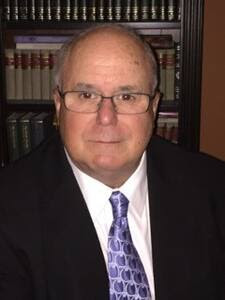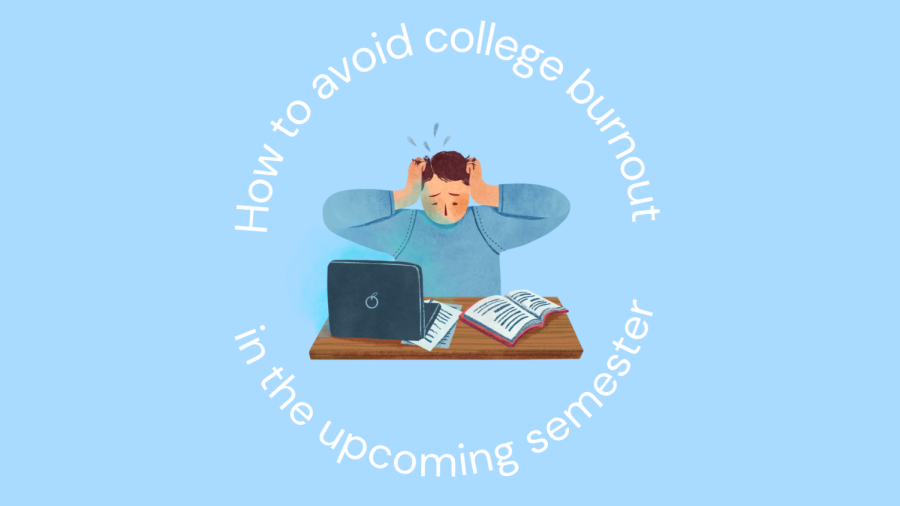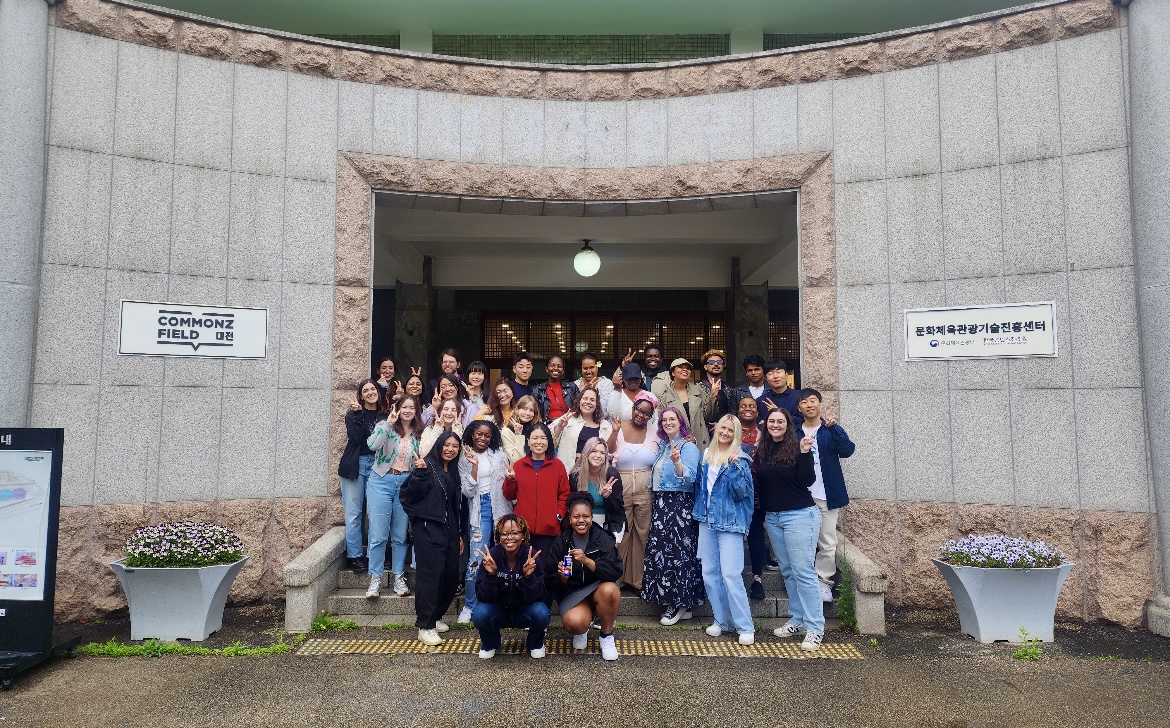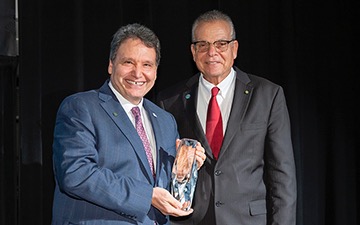The recent 2020 election brought Generation Z into the spotlight like never before, and University of North Florida professors in the School of Communication are using research to see exactly how social media is affecting these young adults.
A record-breaking number of American voters came out in the recent 2020 election. GenZ’s contribution was enlightening. Exit Polls done by NBC news suggested that 65 percent of votes for Biden were from people between the ages of 18 and 24, 11 percent more than any other age group. Popular big tech apps like Whatsapp, YouTube, Facebook, and Twitter have not only been constant vehicles of access to political information, but they have also become platforms for people to engage in discussions about their beliefs.
The UNF School of Communication is showing interest in how the new generation of UNF’s students, combined with social media, might be influencing the future of politics.
Professors of communication are currently looking for students who are 18-24 years old, who follow at least one politician on Instagram. The professors want to interview such students to see how they use Instagram politically and what advice they’d give to politicians to make political Instagram posts more relevant to young voters.
John Parmelee, a professor of communication and a chair in the School of Communication at UNF, has expertise in areas such as political communication, political Twitter use, political Instagram use, and mixed method research designs. He is one of the pioneers of the study and a spokesman for the experiment. He recently published an article titled: “Candidates did lackluster youth targeting on Instagram – Election Analysis – United States” that found that neither presidential candidate reached out to the youth vote on Instagram as much as they could have. Parmelee said he wants to get the advice of young voters to see how candidates could best engage them on Instagram.
While young people are beginning to turn out in larger voter numbers, Parmelee said that according to a survey done by Business Insider, the social platform Instagram is especially popular among young adults who see it as a “go-to source for political news.”
“From the campaign’s perspective, the pro is you get to spread the word to a very large audience. One of the cons is something called ‘selective avoidance,’ which happens when users avoid following anyone on Instagram whose political views differ from theirs,” said Parmelee. “This creates an echo chamber effect that is not good for democracy and you start to lose touch with reality. Research that I published last year suggests that Instagram is especially bad when it comes to selective avoidance and echo chambers.”
Sean Freeder is a professor in political science and public administration in the College of Arts and Sciences at UNF. He has expertise in fields such as American politics, political psychology, voter behavior, and public opinion.
According to Freeder, students in his classes seem to be very interested and engaged in politics right now.
“This is part of what I would say is a general trend in American politics at the moment. There is unusually high political interest and anxiety. High interest is common across all my students, but levels of knowledge differ greatly between political science majors and non-majors,” said Freeder.
In the recent election, Generation Z showed high levels of pre-adult interest in politics relative to earlier generations. Freeder says there are several reasons for this, social media being one of them.
“Social media clearly influences public opinion, as for many Americans, especially young Americans. Social media is the primary source of political news. Social media has made it much easier for politicians and their campaigns to connect directly with the public,” said Freeder. “Gen Z is more impacted by social media than any generation, but it also probably has the greatest ability to navigate social media. For instance, while misinformation spreads easily online, young people are far less likely to believe false information than older people.”
Madeline Sharpe, 20, is a junior at UNF majoring in communication and minoring in political science. She is currently a senator in Student Government.
Sharpe said that she sees most students her age getting their new information from a mix of social media and online news articles. Her most used news sources consist of The New York Times, The Washington Post, Axios, Morning Brew, MSNBC, ABC, CNN, and Twitter.
“The majority of people that I follow on social media are friends, public figures, and celebrities that I look up to. I have a lot of love and respect for those people, so I have no doubt that their political opinions can influence my own,” said Sharpe. “I think social media is a double-edged sword. On one side, social media has been a revolutionary tool that has given platforms to minorities and people who just wouldn’t otherwise have a voice. On the other hand though, it has caused a lot of false information and conspiracies to be widely spread and has also given a platform to hateful, problematic organizations and people.”
For UNF students who are already interested in politics, there are student organized clubs on campus. No matter where a student’s political view falls on the spectrum, there are options. For instance, UNF has the Students for a Democratic Society Club (SDS) and the College Republicans Club (UCRC).
Monica Martinez is the president of SDS. She said that social media has become an easy source for everyone, not just students, and that it is a way to be aware of current political news and events occurring throughout the nation and worldwide. She said that she believes much of the information students gain in her club is either from social media or news outlets online.
“Within our student organization, we tend to exchange political news through links of news outlets in our social media group chats. During meetings, we discuss applying the information we find on media posts to educate our followers on our social media pages,” said Martinez.
Martinez says that she already sees social media impacting younger generations through its education and spread of politics. She said that she thinks the spread of information on social media is extremely beneficial because it keeps people in the loop of current events.
“One of the cons is people spreading misinformation, or creating social media campaigns, such as the ‘#blackouttuesday’ that hid all of the massive outlets with black squares on social media,” she said. “These issues create barriers for many by spreading false information or promoting performative activism that is not equivalent to the activism of present and aspiring organizers.”
Michael Aparicio is the president of the UNF College Republicans Club and said that he thinks that a majority of his club members, along with most people in his generation, get most of their information from social media.
“I think, personally, I try to keep myself at a 50/50 split between social media and news sites,” he said.
Aparicio said he believes that social media has a profound impact on Gen Z in terms of politics and voter turnout.
“On the one hand, we live in unprecedented times where someone can attain information about a myriad of things within seconds. On the other hand, many times when information is first released, there can and will always be missing pieces until a full and concise story is achieved,” he said. “While social media has been unprecedented in allowing all these movements to organize, they are also very volatile in the sense that people want whatever information is available so that they can run with it, rather than waiting for a clear whole picture.”
Aparicio said that when it comes to politics, social media will continue to play a massive role in information spreading.
“Gen Z is right on the cusp of becoming a major influence in American politics. We’ve scratched the surface of Gen Z involvement during the 2016 and 2020 elections. Once 2024 comes around, a vast majority of Gen Z will be of age to vote. They will continue to carry the motivation that started back in 2016,” said Aparicio.
___
For more information or news tips, or if you see an error in this story or have any compliments or concerns, contact editor@unfspinnaker.com.
















